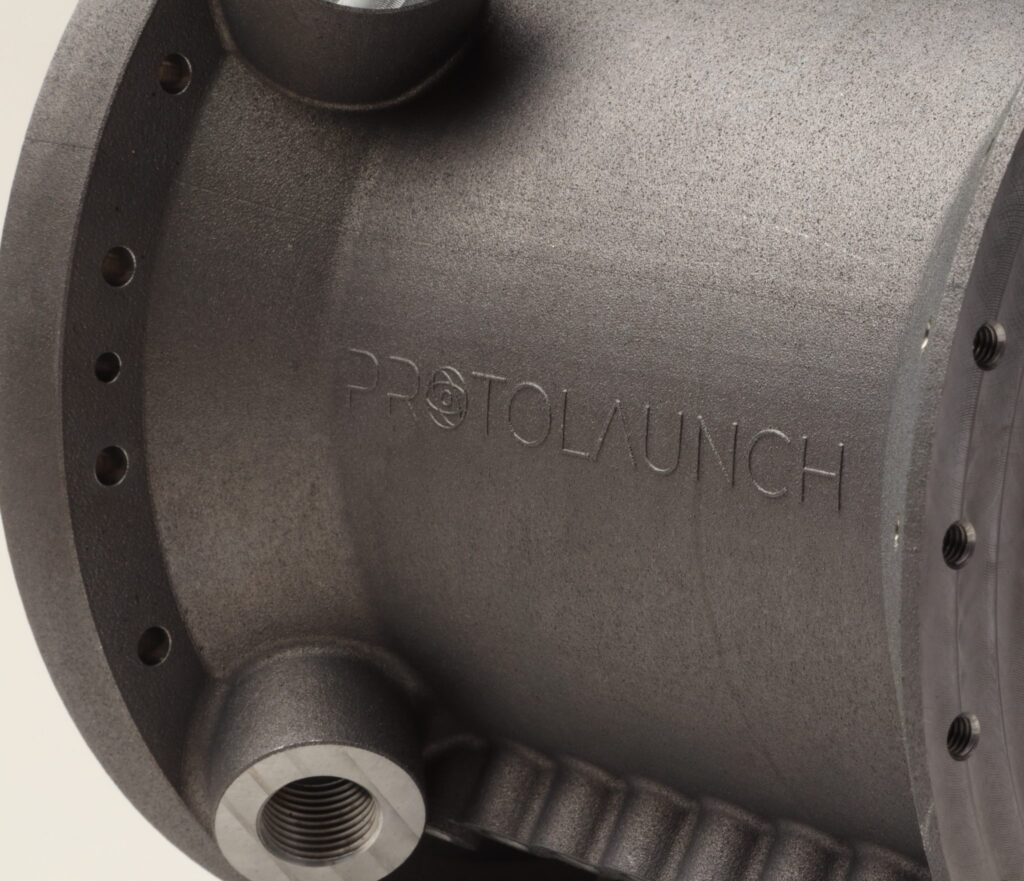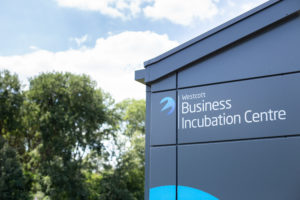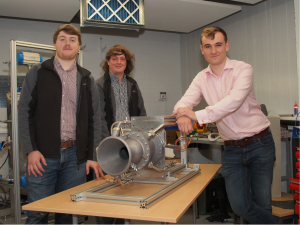Protolaunch
Marketing

Rocket engine technology for small payloads: Next-Generation Chemical Propulsion
Route to Impact
Protolaunch are propulsion specialists who seek to supply chemical propulsion systems within the small launcher value chain by leveraging strategic partnerships to make the dedicated launch of small payloads a reality.
The small satellite market is anticipated to grow significantly in the next decade with a CAGR of +20%. It is anticipated that 17,374 small satellites will be launched between 2018-2030, 70% of these will have a payload under 250kg. The increased demand for satellite derived data, such as Earth Observation (EO), Telecommunications, 5G and IoT services are driving this rapid growth. The introduction of ‘rideshare’ for smaller payloads makes launching more affordable, however, rideshare availability is unpredictable and delays at launch increase the overall cost. Rideshare typically involves prioritisation of large payloads, while specific orbits can be prohibitively expensive to reach or require the use of onboard fuel.
While the satellites have got smaller, the rockets launching them have not. A new generation of small launch vehicles are on the horizon with the hopes of providing dedicated launch options, however, attempts to scale down existing propulsion systems that are designed for historically large vehicles results in spiralling cost and complexity.
Protolaunch are developing a family of chemical propulsion systems that act as the key enabler for a viable micro-launcher and are designed to disrupt this market by providing a step-change in the cost of access to Space for small payloads. By reducing the size and cost of the vehicle, engine and launch facility, LEO becomes more accessible to small satellites and constellations.

Solution
Protolaunch has taken a bottom-up design philosophy to engine development, designing specifically for small payloads from the outset. The company’s three co-founders, Matt Escott, CEO, Matt Coates, COO & Dr Jack Brewster, CTO, collectively spun the company out of the Engineering Department at Cambridge University in February 2019. Based on work conducted at University of Cambridge, Protolaunch has developed a novel thermodynamic cycle that eliminates the need for any turbomachinery, enables the use of cleaner biofuels, and simplifies propellant handling and storage.
The Protolaunch propulsion system presents several strategic advantages over turbomachinery or traditional high-pressure blow-down alternatives. The 3-tier technology is the key enabler for a dedicated micro-launcher that is designed for lighter payloads and can deliver bespoke orbits at a lower cost to build and launch:
- Reliable – Additive manufacturing techniques enable reduced part counts, mass savings and geometries not possible through conventional methods, positioning the engine for scalable development.
- Simple – With few moving parts and vastly lower operating pressures, the simplicity of the Protolaunch engine allows for a focus on simplicity at its core.
- Environmentally Sustainable – The Protolaunch engine enables the use of renewable biofuels, that are lighter, simpler, and relevant to small payload launches primarily to LEO. This eliminates the need for highly refined kerosene.
Engagement with the Satellite Applications Catapult
The Catapult-run Westcott Business Incubation Centre (WBIC) created opportunities for the founders of Protolaunch by providing them access to office and technical facilities plus a £5k research grant to support the development of their proof-of-concept engine. During their time at the WBIC the business and technical expertise gained accelerated their capacity to produce business and financial models. These models are being used to analyse and reduce the risk and cost of micro-launches pragmatically. The first hot-fire test of the technology demonstrator engine is scheduled for Q4 2020 with in-depth computational studies already completed.

The knowledge gained during this hot-fire test campaign will feed into the business, financial and technical models to ensure there is a significant competitive edge that will encourage early adopters to utilise the new class of propulsion system focussed solely on the small satellite launch market: propulsion that is dedicated to lighter payloads, delivers bespoke orbits, and lowers the cost to build and launch missions.
The commercialisation of the technical roadmap 2020-2022 created in a UX Design Sprint facilitated by Catapult’s user centred design specialists led to the completion of a thermodynamic software simulation suite, in addition to a data acquisition system (DAQ). Both the software simulation tools, and electronics development have led to intermediate stand-alone revenue streams and wider partnerships in the propulsion sector.
The Future
Protolaunch will reach a major milestone at the end of 2020 with the hot-fire test campaign of their ‘HILBERT’ technology demonstrator engine. With support from the WBIC they have secured funding from ESA, Space Research and Innovation Network for Technology (SPRINT) and the Royal academy of Engineering. With this investment 2021 will see the consolidation of the launcher consortium and system integration. This will lead to achieving the longer-term goal for Protolaunch’s engine technology to become a key enabler for viable micro-launches. This target is set to address the rapidly growing small satellite market.

Outcomes
- Innovation/commercialisation: Propulsion hardware in the form of the HILBERT technology demonstrator rocket engine built
- New product/service brought to market: Simulation software suite & data acquisition system (DAQ)
- Major grant funding secured
- Improved business, technical & financial knowledge and know-how acquired
“Early in the commercialisation journey, the Protolaunch team moved into the WBIC fulltime to use the fantastic co-working facilities. The company experienced significant growth through the Business Sprints facilitated by experts from the Satellite Applications Catapult. The process for considering critical business questions through design, prototyping, and testing ideas helped to structure Protolaunch’s commercial growth strategy. While at the WBIC, Protolaunch engaged whole-heartedly with the wider Westcott propulsion community and this led to several significant collaborations and partnerships that have continued long beyond our time as incubates. Our time at the WBIC was hugely beneficial to Protolaunch as a company, highly enjoyable and educational for the founding team”
Matt Escott, Co-Founder of Protolaunch




